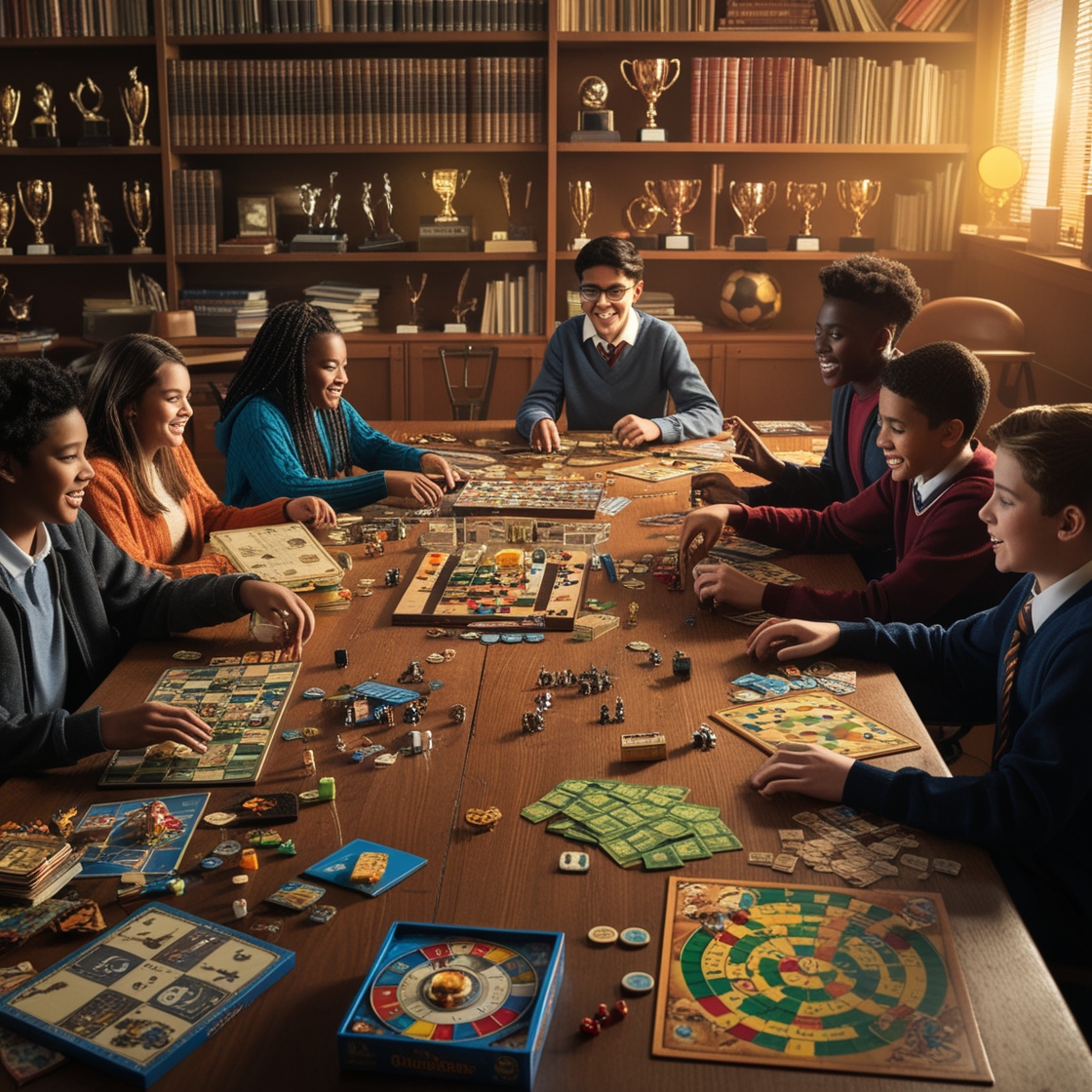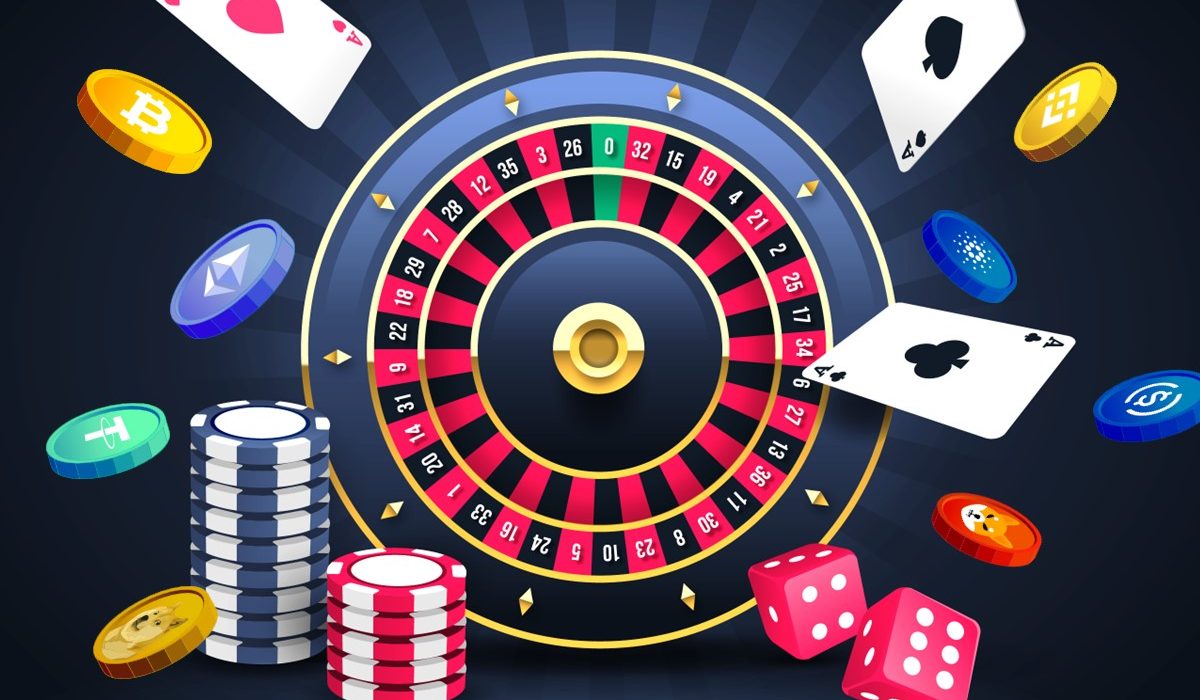
The Role of Board Games in Education
Card games are more than just entertainment; they are powerful tools for education. By blending fun with learning, they help develop cognitive, social, and emotional skills across all age groups. Here’s how board games contribute to education:

Photo from https://digital-playhouse.com/steam-education/digital-playhouse-board-games-steam-education/
1. Enhancing Cognitive Skills
Critical Thinking and Problem-Solving
- Games like Chess and Ticket to Ride require players to think strategically, analyze situations, and plan ahead.
- Puzzle-based games like Codenames and Scrabble improve logic and vocabulary skills.
Mathematical Skills
- Games involving scoring, counting, or managing resources (e.g., Monopoly, Settlers of Catan) help reinforce basic math concepts in an engaging way.
- Younger children benefit from number recognition and arithmetic in games like Chutes and Ladders.
Memory and Attention
- Games like Memory or Concentration train players to focus and recall information, boosting memory retention.
2. Building Social and Emotional Skills
Teamwork and Cooperation
- Cooperative games like Pandemic or Forbidden Island teach players to work together towards a common goal, emphasizing collaboration and communication.
Emotional Regulation
- Board games teach patience, turn-taking, and coping with winning or losing gracefully, all critical social-emotional skills.
Conflict Resolution
- Games often create situations where players must negotiate, resolve conflicts, or make compromises, fostering interpersonal skills.
3. Fostering Creativity
Imagination and Storytelling
- Games like Dixit and Rory’s Story Cubes encourage players to use their imagination and create narratives, enhancing creative thinking.
- Role-playing games (RPGs) such as Dungeons & Dragons promote storytelling and improvisation skills.
Artistic Expression
- Games with customizable elements, like Pictionary or Telestrations, allow players to express their creativity visually.
4. Supporting Subject-Specific Learning
Language Arts
- Word games like Scrabble, Boggle, or Apples to Apples strengthen vocabulary, spelling, and language comprehension.
Math and Science
- Games like Math Dice and Prime Climb make math fun and interactive.
- Science-themed games like Cytosis or Ecosystem teach biology and environmental concepts.
History and Geography
- Risk and Timeline familiarize players with historical events and geopolitical knowledge.
- Ticket to Ride enhances geographical awareness through map-based gameplay.
5. Encouraging Lifelong Learning
Learning Through Play
- Board games make complex topics more accessible, encouraging curiosity and a love for learning.
- Educational games are especially effective in engaging students who might struggle with traditional teaching methods.
Adaptable for All Ages
- From preschoolers learning shapes and colors in Candy Land to adults mastering negotiation in Diplomacy, board games cater to lifelong educational needs.
6. Benefits for Educators and Parents
Classroom Use
- Teachers incorporate board games into lessons to make abstract concepts tangible. For example, Mathopoly teaches math through gameplay similar to Monopoly.
- Games also serve as tools for group activities, fostering interaction among students.
At Home
- Families can use board games as a screen-free way to bond while supporting their children’s learning and development.
7. Modern Innovations in Educational Board Games
STEM-Focused Games
- Games like Robot Turtles and Code Master introduce coding and logical thinking to kids in a playful way.
Hybrid Learning
- Some board games integrate digital elements, like apps or augmented reality, to enhance interactivity and learning.
if you are intrested Check this one https://thoughtfactory.online/2024/12/07/war-games-and-strategy/
edited by ChatGPT





